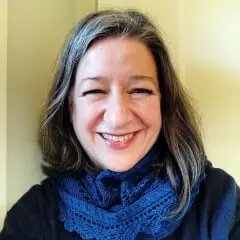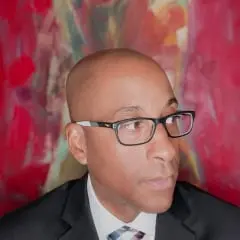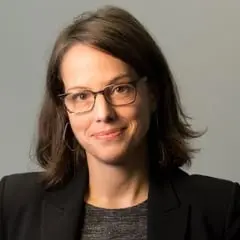 | 1 LU / HSW |
 | 1 LU / HSW |
Room: F150-151
Furnished by: Smith System + Steelcase Learning
Audience: Facilities Personnel, District Leaders and Architects

Call to Action: We encourage every participant to build partnerships in your community! This presentation will include tips for connecting with early care and education leaders, specialists in building and designing spaces, your city permit offices and the end users – families! Understanding the ingredients will help you advocate for change and design spaces that become the third teacher for our youngest learners.
Abstract: Learn how you can be an advocate for expanding early learning spaces and childcare facilities to support the well-being of families, promote children’s development, address inequities, and build stronger communities. This presentation will break down ways that school district leaders, educators, facilities managers and design practitioners can use their resources and expertise to find the best solutions for their communities. Quality early childhood education is essential for young learners as they develop cognitive, social and emotional skills. Structured activities and social settings provide a foundation that prepares young children for school. Nation-wide, there are huge gaps in access and equity when it comes to child care. Availability varies based on state and zip code. Many families struggle to find affordable access that meets their cultural, linguistic, or specialty support needs. Nationally, more than 50% of families live in a child care desert (defined as a census tract where there are three times as many children as licensed child care slots, https://www.americanprogress.org/series/child-care-deserts/). These gaps occur in cities and rural areas. Lack of consistent child care puts extra burden on working families and impacts early learning opportunities for children. Multnomah County, Oregon, has created a fund to support doubling the capacity for child care in the region. But funding is not enough! New preschool facilities can disrupt established childcare businesses, leading to a drop in infant and toddler slots. They can also speed gentrification in a neighborhood and displace families most vulnerable to systemic racism. Access to space and stringent regulatory requirements can add time and uncertainty to the best laid plans. This presentation will demystify the ingredients for planning and designing early child care facilities that support improved, equitable access in every community. Led by a community education advocate, an architect, and a child care facilities navigator, participants will learn strategies to advocate for, plan, permit, and design preschool spaces that support children and families as part of the communities in which they live. The session format will include information-sharing, storytelling, and tips for working towards change in your community.
Learning Objectives:

Molly’s work with parent leaders in the Early Learning Multnomah initiative was instrumental in generating the innovative Preschool For All measure that is transforming the early care and education landscape in Multnomah County, Oregon. She has 35 years of experience running programs that support parents and young children, while advocating for social justice through community-based participatory policy making. Molly has an MSW from UCLA and a BA from Duke.

Ashley is a licensed real estate broker. Ashley advocates for inclusivity and equitable access to opportunities within the real estate sector. He prioritizes working with commercial child care providers, going to whatever lengths necessary to set his clients up for success. Ashley has a BS from Portland State University.

As a licensed architect, Abby has dedicated her career to the planning and design of learning environments. She has worked creatively with nonprofit partners and school districts to develop early child care spaces within schools. She is collaborating with the City of Portland to identify the barriers to opening child care facilities and advocate for systems changes that will streamline the process for all. Abby has a Masters in Architecture from UT Austin.
Ethics/Professionalism
Provides leadership and stewardship for the responsible investment of public and private funding into school facilities – while being a known advocate for the importance of the learning environment on a child’s future. They lead and have a record of leading transparent processes that help communities find common ground in developing solutions to complex and sensitive issues – advocating for long term solutions that address the needs of all children and stakeholders including underserved groups.